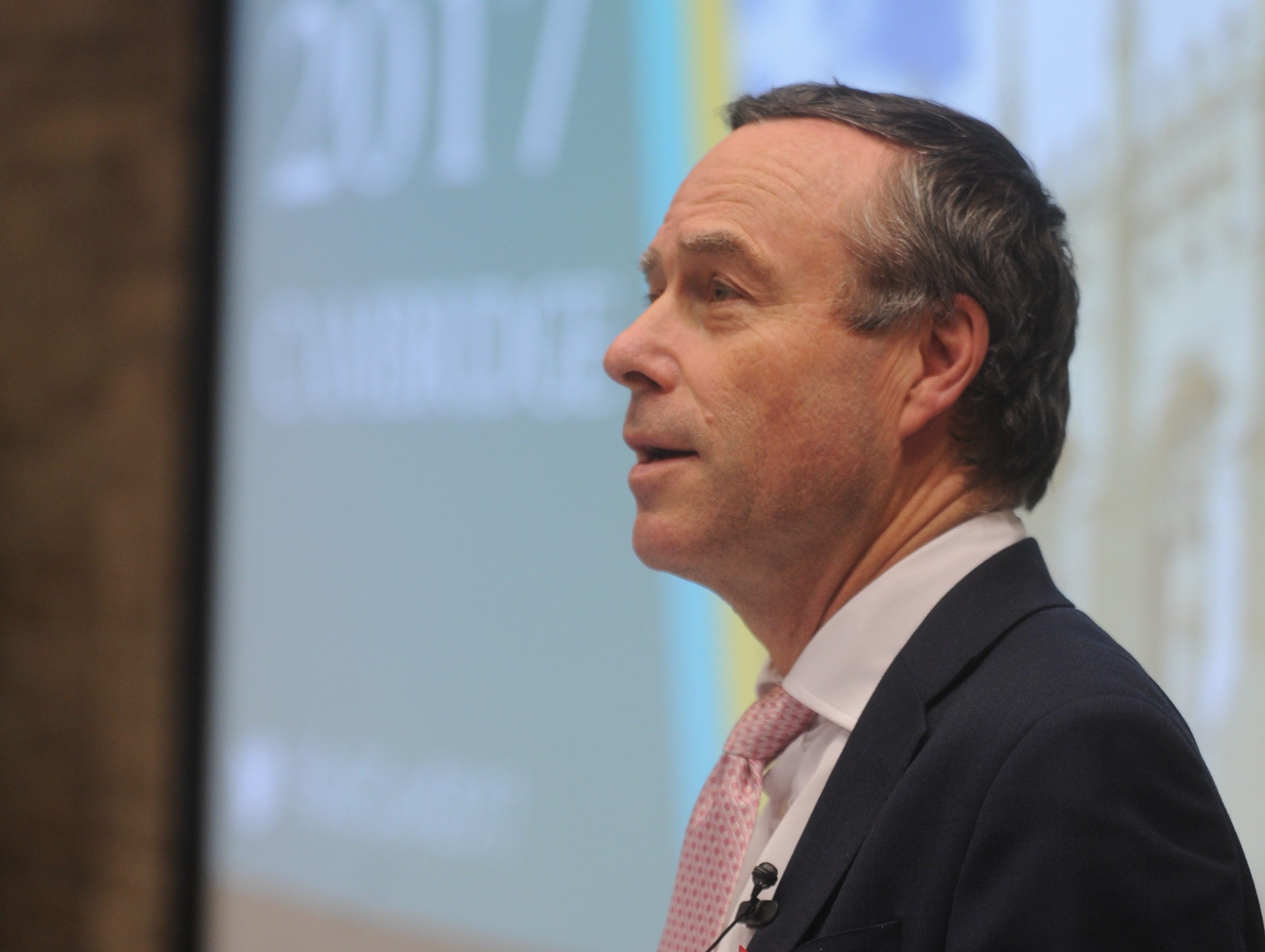
There seems little doubt that for the news industry (and everyone else) the coronavirus pandemic is the biggest crisis since the financial meltdown of 2008.
Back then three of the commercial pillars of the news industry disappeared overnight never to return: advertising for cars, houses and jobs.
It felt like the end of the world for many journalists as structural change brought about by the digital revolution collided with a horrendous economic downturn.
At the time it seemed that if any news organisation was going to catch a cold when Wall Street and the Square Mile sneezed it was likely to be the Financial Times. But while hundreds of newspapers closed, and tens of thousands of journalists lost their jobs around the world, the Financial Times actually thrived.
In the years since 2008 the Financial Times has grown its revenue and profits while every other national newspaper in the UK has witnessed sharp decline. It has also been garlanded with awards for its journalism.
Press Gazette asks Financial Times editor 2005-2020 Lionel Barber to share his insight into how his paper weathered the last major storm to hit our industry, in the hope of gaining some inspiration about how to weather the current one.
He says: “The financial crisis was a once in a generation story for the FT – the most serious of its kind since the Depression.
“The top editorial team viewed it as a chance to establish ourselves as a truly global publication, able to report, analyse and comment on the story from all corners of the world.
“Remember this was a global crisis, exported from the US to the UK, then Europe, the Middle East and China. We are able, via our global network of correspondents, to connect the dots.
“One day, it was the downfall of Dubai; the next, China’s reflation; the next, the Eurozone sovereign debt crisis. We had people on the ground. We could Commission. Then we needed to coordinate.
“I made a point of putting our commentary front and centre of the coverage. We had world class voices on economics and finance/markets, starting with Martin Wolf and Gillian Tett. Gideon Rachman was a new commentator on foreign affairs, wonderfully versatile.
“The same holds for our veteran global business commentator John Gapper. I also bolstered the ranks of top notch economists and financially savvy journalists. We had to be strong on the news, reacting to events and anticipating trends. Our commentary was often what set us apart. We were also European-based, not Anglo-Saxons from America.
“The financial crisis also offered the FT a chance to open a debate about financial capitalism of the kind that nearly brought down the system. This was a political and practical choice.
“After the dotcom crash, the FT was arguably too critical of capitalism per se (rather than of central bankers like Alan Greenspan who had helped inflate the credit bubble). Martin Dickson, my deputy, and I both agreed the FT should defend capitalism and open markets but be clear and practical about reform, from regulation to bank capital ratios.
“Crucially, these editorial decisions came on top of sound business decisions which had helped turn the FT around. These decisions in 2006-8 amounted to a reinvention of our business model, moving to a subscription model charging readers for content.
“We also raised prices, establishing a bench mark for quality, and we sold subs directly to businesses rather than being disintermediated by aggregators.”
The FT now claims 1m+ paying readers and 650,000 online subscribers after deciding to charge for online content back in 2002 when nearly every other national newspaper thought that news websites had to be free.
Profits and turnover at the FT, which collapsed after the dotcom bubble burst in 2000/2001, recovered post 2008 to the extend that in 2015 Nikkei paid £844m for the title.
Perhaps there is in an encouraging lesson here for today’s news providers, that in tough times readers value place a high-value on quality information which helps them to steer a way through.
Asked to share his suggestion for how news media should cover coronavirus (Covid-19) he says:
“Find someone who really understands science and can write with clarity and insight. Trusted voices – yes, experts! – are key. The best science editor today is going to be the Martin Wolf of 2008.
“Think hard about how Covid-19 is already fundamentally changing consumer behaviour and challenging long established views about hot issues like Universal Basic Income. There’s no sport to cover for general newspapers, so thinking and writing about current and future trends is very relevant.
“There is a big financial market dimension to this. People’s pensions have been crushed, savings have been hurt. Philanthropy is going to suffer. But will markets stay low for some time or rebound? Commentators like Goldman Sachs have interesting views on this. Find some new ones.
“Tone is important. Governments around the world have been behind the curve, some more than others. But people want solutions and insights not just criticism and whining. Above all, they don’t want panic.”
Read all Press Gazette’s coverage of the coronavirus pandemic and the news industry here
Email pged@pressgazette.co.uk to point out mistakes, provide story tips or send in a letter for publication on our "Letters Page" blog
